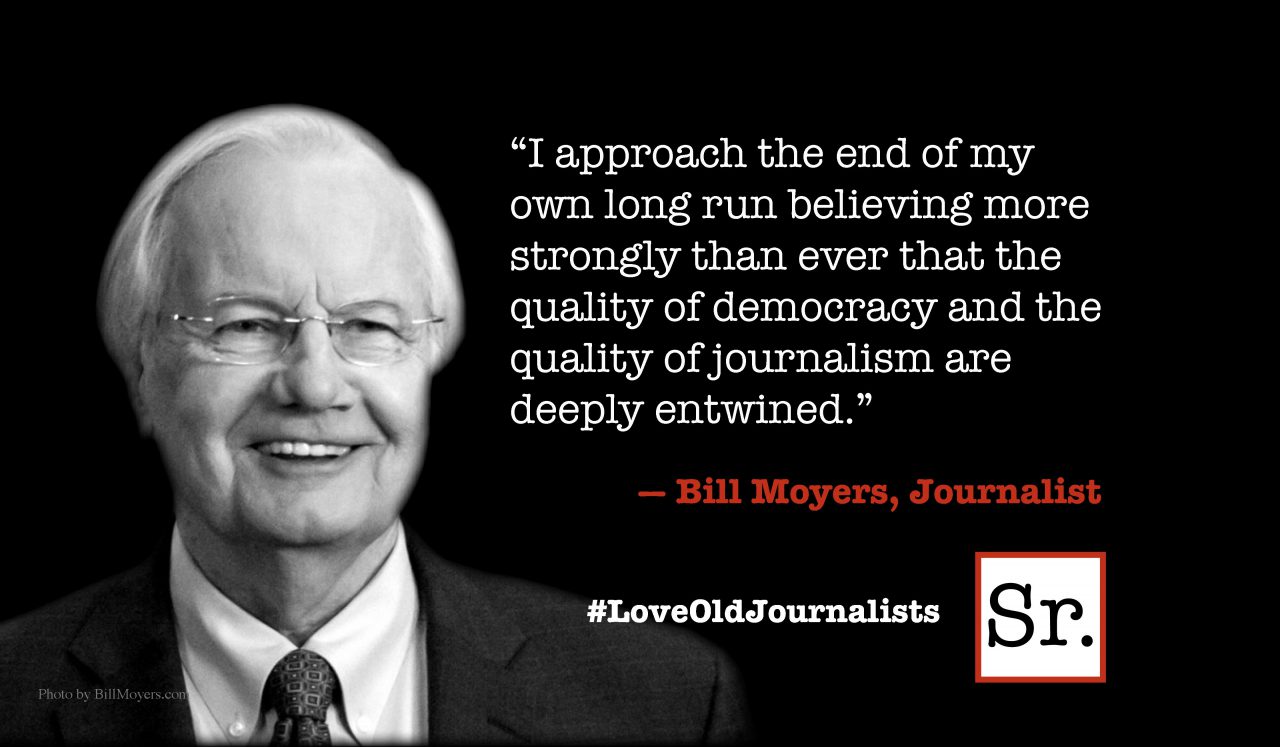Our national genius offers the opportunity for a few among us to become very wealthy. For some this has been the result of hard work, personal ingenuity or inventive genius. For others, it may be boiled down to good luck. In addition, a substantial number of fortunes are inherited, and wealthy families have often successfully resisted having these passed-down riches taxed. And let’s face it, some fortunes are generated by manipulation, greed and dishonesty.
Nevertheless, the American dream suggests that everyone has a chance to share in the nation’s abundance. In fact, we have come a long way in creating a substantial economic middle class and having watched out for each other through a combination of private charity and public policy.
But the discrepancy between rich and poor persists. And with the creation of enormous wealth in a few hands, there exists a growing core of citizens who are trapped in an inescapable cycle of poverty and despair. If we are really committed to making America great again, perhaps we need to rediscover what has historically narrowed economic discrepancy and produced a culture of both achievement and hope.
Given our generative history, why has our commitment to care for one another not only stalled but has now gone into retreat? What has gutted the American dream?
Perhaps we should start our search by asking just what created the American dream. Let’s look first at the creation of strong labor unions. Communities with them tended to be vibrant and healthy. When workers banded together to form solid bargaining units whose power was on a par with corporate interests, they, their communities and the nation at large reaped the benefits.
A second rung up America’s economic ladder came with the enactment in 1913 of the 16th amendment to the Constitution, authorizing an income tax. In 1916 that tax became “progressive,” with the percentage of income subject to taxation increasing alongside incomes of taxpayers, enabling the government the ability to support those with the greatest unmet needs. This time resulted in Social Security, Medicare, Aid to Families with Dependent Children and a host of other initiatives. The latest of these progressive steps has been the Affordable Care Act, commonly called Obamacare, which put us on the way to securing universal medical coverage.
At the same time, America’s generosity grew as nonprofit agencies dramatically increased funding in support of those with the greatest unmet needs. This combination of public and private efforts helped make for a more compassionate society in which fewer and fewer people were left out.
But sadly, that is not the end of the story. Years ago, the political winds began to change, threatening every one of these advances and the social philosophy behind them. The reversal began in 1947 with the passing of the Taft-Hartley Act, wiping out collective bargaining rights that had been guaranteed in the Wagner Act of 1935. The destruction of unions continued as states passed Right to Work laws that destroyed union-sponsored collective bargaining agreements.
In the city where I once lived, younger, non-union workers now earn one-fourth the income in real dollars compared to the incomes earned by their unionized parents and grandparents for the same meatpacking jobs.
Having effectively gutted the nation’s industrial unions, right-wing attention has now turned to public unions primarily covering government employees.
The Trump administration has as the primary agenda the dismantling of every national structure guaranteeing the fair treatment of America's workers. A case in point: the recent rollback of taxes on our industrial giants has put billions of additional dollars into the pockets of those who hold the lion’s share of corporate investment. Only 10% of American voters actually own stock while 78% of all stock portfolios are owned by less than 10% of us. The current market boom coupled with substantially lower tax rates only benefits a thin slice of our citizens — the rich!
Sooner or later, the American workers who swallowed support in the promises of the Trump agenda will realize that they have been conned and that the real benefits promised by this administration have primarily gone to the already wealthy.
Nevertheless, we Americans are a benevolent people, not only in our amazing charitable agencies but also in the way we have trusted the government to act on our behalf in supporting those with special needs. The hope is that better angels of our nature will turn us again to recapture the dream that will be within the reach of every American.









